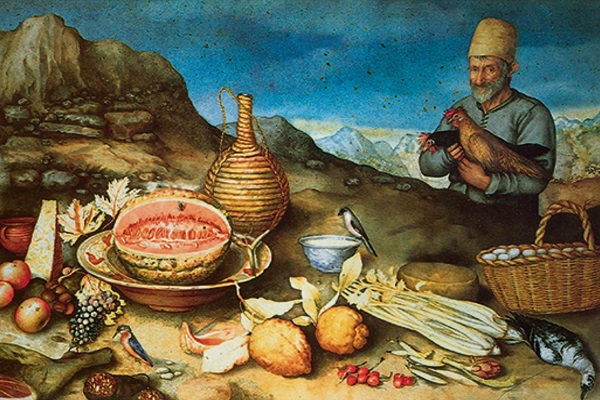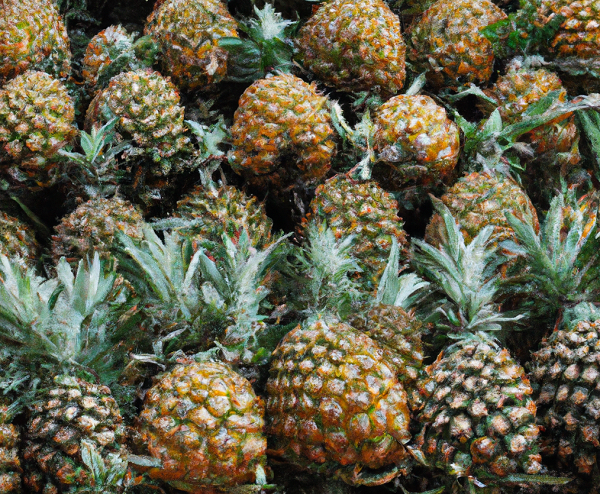
Have you ever wondered about the linguistic origins of your favourite foods and drinks? Each item carries a rich history, often traversing cultures and continents. Here’s a list of ten intriguing etymologies for everyday edible items:
1. Coffee
Originating from a place named Kaffa in Ethiopia, legend has it that an individual observed goats reacting energetically to a particular bean. This bean made its way to Islamic Yemen, where scholars used it to stay awake throughout the night, dubbing it “kehwa.” By the fifteenth century, the Ottoman elites and scholars were consuming this “wine of Islam.” Christians later adopted this beverage, which evolved into “café” in French and “caffè” in Italian.
2. Orange
The name for this fruit stems from the Persian word “narang.” The fruit itself was introduced globally, either from India or China.
3. Turkey
When settlers colonized the Americas, they encountered a bird resembling the guinea fowl, a species known in Turkey. Consequently, they named it “turkey.” Interestingly, in Turkey, this bird is referred to as “Hindi,” reflecting a mistaken belief about its Indian origins.

4. Pomegranate
This fruit, loaded with seeds, was once described as “an apple with many grains” (from Latin “pomum granatum”). This fruit’s shape inspired the design of the hand grenade. Its name in Spanish, “Granada,” also refers to a city historically known for its pomegranate gardens.
5. Chocolate
Deriving from the Nahuatl language spoken by indigenous Mexicans, “chocolate” translates to “bitter water.”
6. Whiskey/Whisky
This beloved beverage, dubbed the “water of life,” finds its roots in Irish etymology.

7. Pineapple
While called “ananas” in many languages, referencing its indigenous American name, Europeans named it “pineapple” due to its resemblance to a pinecone.
8. Apple
This ubiquitous fruit has a versatile linguistic history. In many cultures, “apple” has been synonymous with “fruit.” From this, we get terms like “apple of the ground” for potato in French and “Persian apple” for peach. The term “pomegranate” translates to an apple with many seeds, and “marmalade” implies “sweet apple.”
9. Apricot
Originating from the Arabic term “al-barque,” meaning “plum,” the word apricot essentially translates to “ripening fruit.” It stems from the Latin “coquere,” which also gives us “precocious.”

10. Aubergine
The Arabic “al-badinjan” has evolved into various names for this vegetable, including “aubergine,” “brinjal,” and “eggplant.”
Language and food have always been interwoven, a testament to our shared history and the fusion of cultures. The etymology of our everyday edibles not only provides a linguistic journey but also highlights the global pathways of culinary traditions.
Next time you take a bite or a sip, pause for a moment to appreciate its historical journey. And if you’ve enjoyed this exploration into the origins of food names, share this article with fellow food enthusiasts and keep the conversation going!








